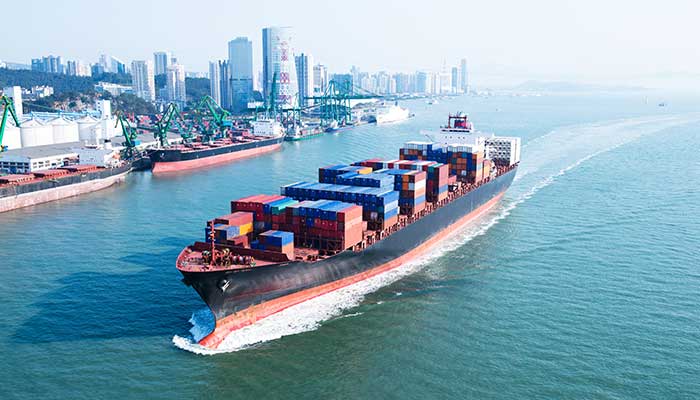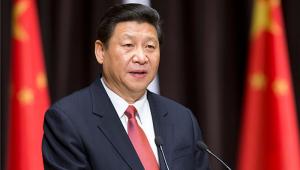Preliminary data suggest world trade grew by little more than 1% in 2016 compared to 2% in 2015, with both advanced and developing economies affected unlike in previous years.
The bank attributed 75% of that difference to worldwide policy uncertainty emanating from developments such as a rise in protectionist sentiment and the UK’s exit from the European Union.
Economists have become increasingly concerned about the slowdown in global trade growth, which was at just 2.7% in 2014 compared to 8% before the crisis. As a key driver of growth, trade will be key to boosting a sluggish global economy.
Authors of the World Bank’s report , published yesterday, bank economists Aaditya Mattoo and Michele Ruta, explained that the impact of uncertainty on growth had in turn weighed on trade.
“In a more uncertain environment, firms may choose to postpone investment and export decisions and consumers may cut back on spending,” they said.
“The threat of unravelling trade agreements may also hurt trade growth by adding to policy uncertainty.”
One major unknown clouding the world economy at present is what the UK’s new relationship with the EU will look like, with the potential for a “hard Brexit” perceived as a substantial risk to the regional, and even the world’s, economy.
At the same time, around the world leaders espousing more inward-looking ideals and threatening to roll back globalisation and free trade are increasingly holding sway.
In some nations – namely the US with the election of Donald Trump – they are already in the driving seat, while elsewhere the possibility they could take the reins is increasing. Key elections are scheduled across Europe this year – in France, Germany and the Netherlands – with eurosceptic contenders set to at the very least win an increased share of the vote.
The bank’s report concluded that in 2016 this growing uncertainty may have reduced trade by about 0.6 percentage points – equivalent to 75% of the difference between trade growth rates in 2015 and 2016.
Authors also offered new evidence for a link between global trade growth and the world’s equally sluggish productivity.
“The slowing expansion of global value chains can help explain both,” they stated. Analysis of data spanning 13 sectors in 40 countries over 15 years found that the productivity of employees is connected to a firm’s specialisation in a particular stage of a good’s production.
In 2011, almost half of world trade took place as a result of activity related to the production of a good, which in the era of globalisation involves what are known as “intermediate” products sourced from all over the world.
The report found that a 10% increase in the level of imports of intermediate products increases labour productivity by close to 1.7%, suggesting a closer link between trade and productivity than can be found with other interplaying factors.














